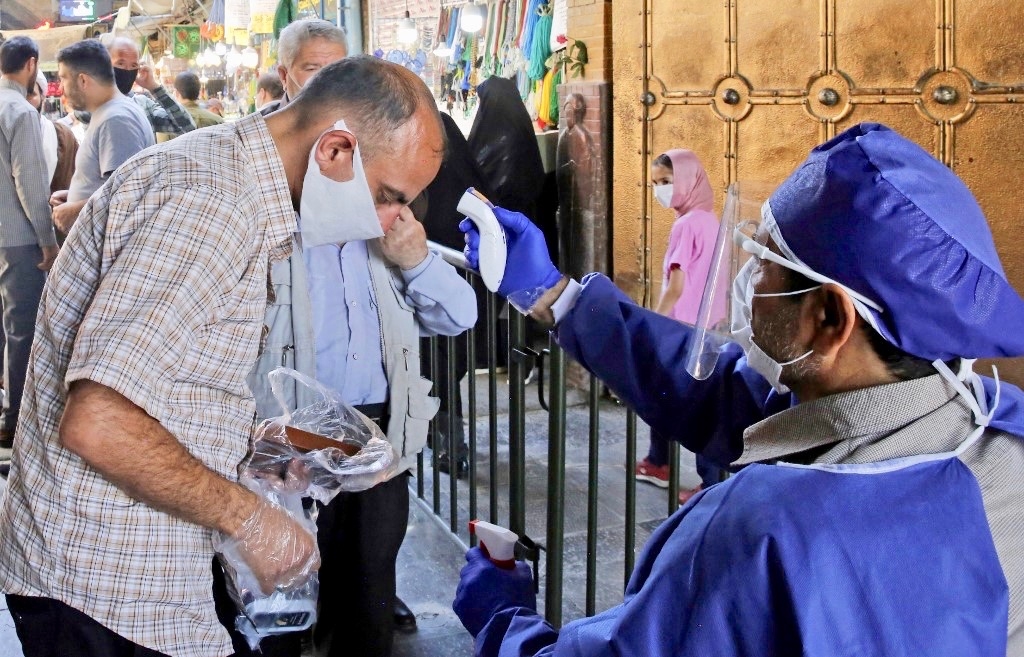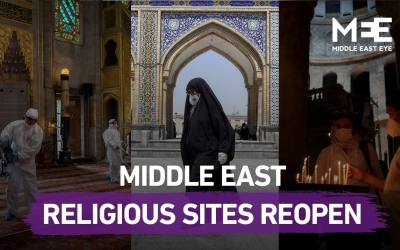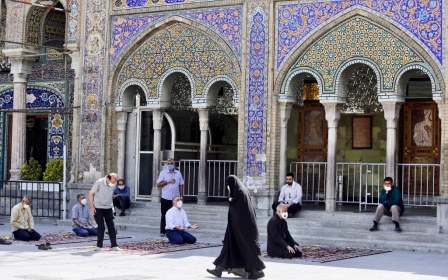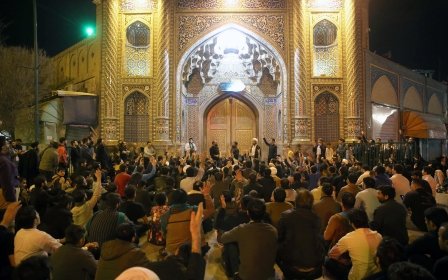Coronavirus: Iran says its Covid-19 cases have surpassed 150,000

Iran said its caseload of novel coronavirus infections passed the grim milestone of 150,000 on Sunday, as the country struggles to contain a recent upward trend.
The government has largely lifted the restrictions it imposed in order to halt a Covid-19 outbreak that first emerged in mid-February, AFP said.
Last week, Iran reopened major Shia Muslim shrines, more than two months after they had been closed in the Middle Eastern country worst hit by the pandemic.
But the health ministry has warned of a potential virus resurgence with a new cluster of outbreaks in several provinces.
Ministry spokesman Kianoush Jahanpour said 2,516 new cases were confirmed across the country in the past 24 hours, bringing the total to 151,466.
Jahanpour said the virus had claimed another 63 lives in the past day, raising the overall toll to 7,797.
Experts both at home and abroad have voiced scepticism about Iran's official figures, saying the real toll may be much higher.
Infections have been on a rising trajectory in the Islamic republic since hitting a near two-month low on 2 May.
Still, according to President Hassan Rouhani, Iran is in "an acceptable situation" which is "not even fragile" anymore.
Rouhani said Covid-19's reproduction number used to be more than two in Iran, but that it was now "less than one".
Such a rate suggests a virus is petering out, according to scientists.
Resurgence of virus
Health Minister Saeed Namaki also said that the situation was "completely stable" in all but four of Iran's 31 provinces.
He warned, however, that in some provinces health "protocols were not being observed and we have witnessed a resurgence of the disease".
He identified the provinces as Khuzestan, Hormozgan, and Sistan and Baluchistan.
So far, the government has reimposed a lockdown only in Khuzestan province on Iran's southwestern border with Iraq.
It remains "red", the highest level on Iran's colour-coded risk scale.
Middle East Eye delivers independent and unrivalled coverage and analysis of the Middle East, North Africa and beyond. To learn more about republishing this content and the associated fees, please fill out this form. More about MEE can be found here.





